Since the independence of India, there have been 30+ finance ministers who have served well for the interest of our nation. But out of all these finance ministers, there have been a few who became the best ever finance ministers to serve for the country, and their strategies and perspectives are being talked about even today in 2025. Like, for example, you must have heard that Dr. Manmohan Singh is no doubt THE BEST and well-versed finance minister EVER in the history of India. Just like him, there are a few others who became famous due to their policies, their views, and their way of handling things, and today, with this list of the Top 10 Famous Finance Ministers of India Till Date, we’ll talk about just that.
1. Dr. Manmohan Singh
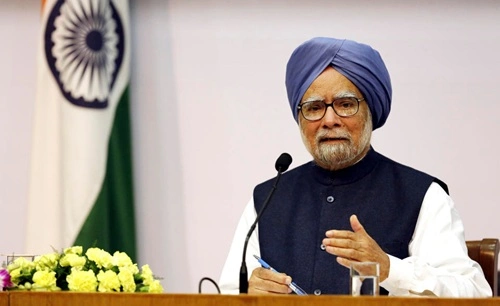
There is a high chance that you have come across the name numerous times, but do you know why he is often referred to as the architect of modern India’s economy? The story goes back to 1991, when India’s foreign reserves were so low that they could have only lasted for two weeks. Manmohan Singh came in as Finance Minister, and from then on, it was a different story. He did away with the Licence Raj, allowed foreign investments, and opened up and liberalized India’s economy to a great extent. Not only did these changes solve a disaster, but they also signaled the opening up of the Indian economy. His time in office was not really about minor changes, but had to do with changing the whole operating system. So without any question, he is the one who tops this list.
2. Yashwant Sinha
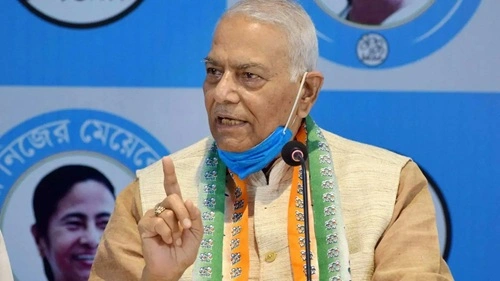
Probably, it is not well-known that Yashwant Sinha had been a government official before entering politics. His meticulous, change-oriented approach noticeably reveals his previous professional life, which he brilliantly exhibited as Finance Minister. He worked hard and took drastic measures during his periods of office with both the PMs without ever doubting. He was the one who strongly advocated for the removal of government holdings in public sector enterprises, the free pricing of petroleum, and the simplification of taxes, which were all consistent with infrastructure spending.
3. P. Chidambaram
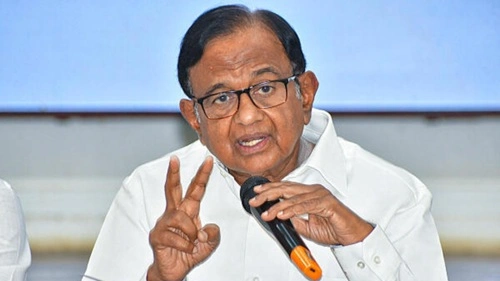
When one speaks of budgets that are iconic, it is almost impossible not to bring up that of 1997-98, the “Dream Budget,” and the person responsible for it was none other than P. Chidambaram. Out of his reliance on facts, Chidambaram cut tax rates considerably, made the system easier, and instilled the trust of investors again. However, the event that really showcased his courage was his management of the 2008 world financial crisis. When the whole world was crashing, India was still standing strong, thanks to him.
4. Arun Jaitley
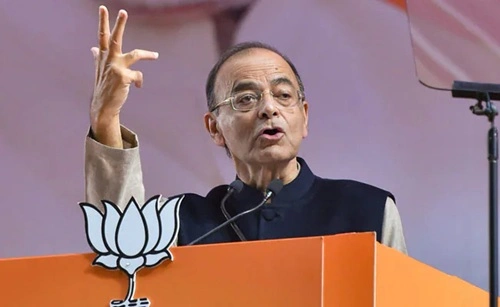
Try to have a chat with any current-day business owner or entrepreneur regarding GST, and you will comprehend the size of impact that Arun Jaitley made on the Indian economy. Besides implementing GST (India’s biggest indirect tax overhaul), he was also the man behind the Insolvency and Bankruptcy Code, which helped the banking sector regain its stability. India’s rankings in the global ease of doing business improved significantly while Jaitley was in office, and the country also witnessed important structural reforms.
5. C. D. Deshmukh
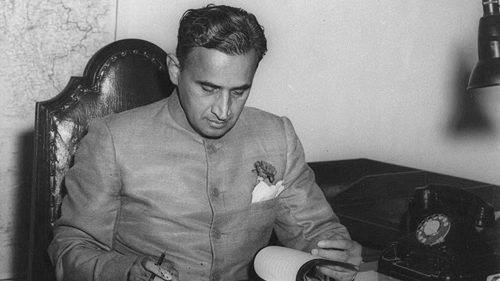
It was C. D. Deshmukh, who subsequently became the Finance Minister of India, during the first tenure of the Reserve Bank of India, who was the first Indian to manage the Reserve Bank of India. Apart from that, he was the Finance Minister during the period when India was going through a very shaky phase, you know, the initial days following Independence. For the shaping of the Planning Commission, the initial stages of the Five-Year Plans, and the development of India’s public sector industries, he played a major role.
6. R. K. Shanmukham Chetty
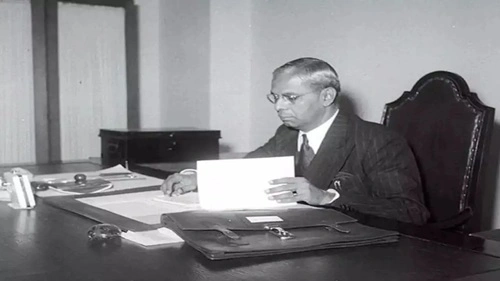
These days, only a few people recall the person who was the one to deliver the very first Union Budget of India on November 26, 1947. Only after a few months of Independence, the country was in a terrible economic condition, the separation had caused disorder, the refugees had come in large numbers, and there was almost no financial system in place. Nonetheless, R. K. Shanmukham Chetty’s position was significant. He introduced the very basic structure of public finances and established the general mood for future financial policies.
7. Morarji Desai
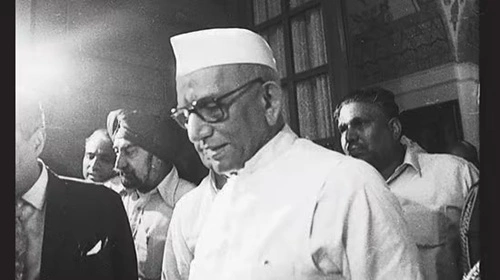
Morarji Desai is ranked at the top of the list for the highest number of annual budgets presented by any Finance Minister of India, that is 10. He put a lot of emphasis on fiscal discipline over everything else. His administration’s policies rested on the principles of budgeting with balance, controlling inflation, and keeping borrowing within limits. There are those who felt that his method was a bit harsh, yet his fixation on long-term steadiness was still etched deeply into the memory.
8. Pranab Mukherjee
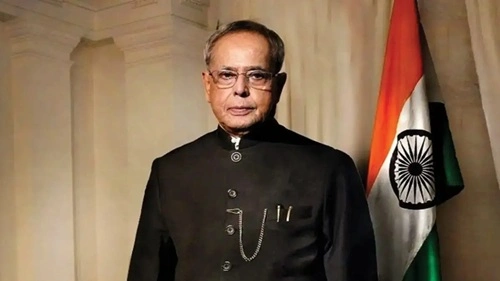
Pranab Mukherjee? Well, it was his talent to mix political troubles with economic logic that made him able to move the reforms forward, in particular, during a crisis period such as the global slowdown. He brought welfare policies aimed at rural development and made efforts to reduce the fiscal deficit.
9. Nirmala Sitharaman
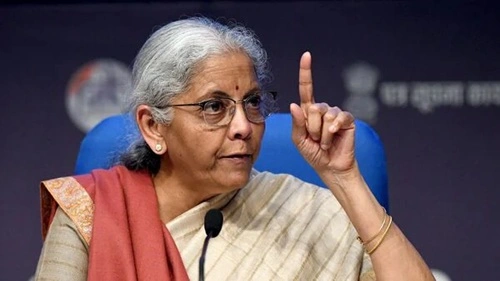
She was the first woman to serve as a full-time Finance Minister of India, and still, Nirmala Sitharaman’s profile is not limited to that fact only. The global economic crisis, which happened due to the coronavirus epidemic, was one of the worst economic disruptions in recent history, so she had to react to that when she took over her responsibilities. And with GST 2.0, she is now among the most liked finance ministers out there.
10. T. T. Krishnamachari
Though not mentioned very often, T.T. Krishnamachari had a major impact on the way India thought about finance in the 1950s and 60s. During the period of the Second Five-Year Plan, which was basically based on the idea of state-led industrialization, he was very close to Nehru. He played a major role in the expansion of the public sector and also introduced policies that were in line with India’s then-socialist objectives.
Conclusion
The list goes on and on if we talk about the finance ministers of India, but these ten have had the most impact on the Indian economy as a whole. And sure enough, these are the individuals who were chosen for this role, and because of their work, they became super famous in India, so much so that people talk about them even today.